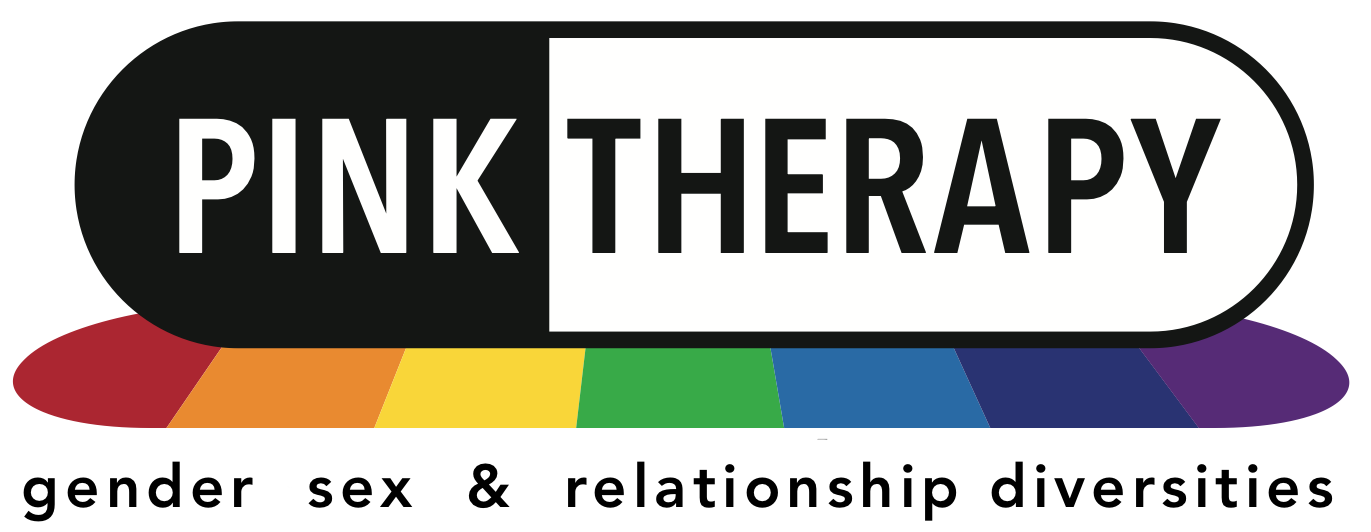I was delighted to learn that the BACP Board of Governors decided to sign up to an inclusive Memorandum of Understanding to extend protections to trans people and asexuals. This still hasn’t been published on their website but will be soon. I am grateful that to everyone who played a part in lobbying the Board with their views, research and concerns. I think this has been immensely helpful in helping the Board decide that these protections are needed.
I am grateful that to everyone who played a part in lobbying the Board with their views, research and concerns. I think this has been immensely helpful in helping the Board decide that these protections are needed.
All the signatories to the MoU need to follow their due process and consider the implications for signing up and extending the protections. BACP were doing just that. It had been reported elsewhere that they had refused to sign, and this was a distortion of what I had been stating, that the Board were to meet in Early March and the indication I’d had was that they might decide not to sign based on “a lack of evidence & research.” This research was then supplied and the Board of Governors were able to make an informed decision.
I’ve been mulling over whether to still resign over my broader dissatisfactions with BACP. However, I think to resign at this point might look like this queen has had a hissy fit.
BACP ought to be well aware of the significantly higher rates of mental health problems within the LGB and T community based on research they commissioned in 2007. However, I am saddened that they’ve not used their considerable resources to ensure that counsellors are adequately trained to support LGBT people. Their signing up to the Memorandum of Understanding makes this an obligation and I am hopeful they will be auditing their accredited courses more closely on their attention to issues to GSRD issues.
I had hoped that having been made a Fellow in 2007 for my “distinctive service to the field” that this might signal an opportunity to collaborate in improving the mental health of Gender, Sexual and Relationship Diversities (GSRD). BACP also published my article Not in Front of the Students about the absence of training in their journal in the same year. But nothing has changed and I’ve felt quite dispirited. Instead, BACP have promoted workshops on treating sexual addiction which is a highly contested and controversial issue which many of us in the field of clinical sexology would dispute See Marty Klein who has blogged extensively on this or the excellent book by David Ley Ley, 2013, Flanagan 2013 and my post Davies, 2013) Sexual Addiction or Hypersexual Disorder failed to be included in the latest Diagnostic and Statistical Manual (the bible for mental health disorders compiled by the American Psychiatric Association) on the grounds of lack of robust evidence for diagnosis and effective treatment.
One of the positives that has come from my having taken stance is that MANY therapists and members of the GSRD communities have been having a conversation about therapy and it’s need to catch up with the rapid evolving field and address the mental health needs of our communities. [Over 80 concerned therapists and sexologists signed an open letter to the Board.]
It always surprises non-counsellors when I tell them that in what can be between a three to seven year training to become a therapist there is virtually no training in basic human sexuality and relationships let alone in working with people whose sexuality is different to the mainstream. Unless one trains to be a sex therapist, one is unlikely to be able to engage in explicitly sexual conversations.
Perhaps all of this activity over the past few weeks can pave the way for a closer dialogue between all of us who are concerned to see better mental health for our communities. We’ll see!
Dominic Davies
CEO/Founder Pink Therapy
